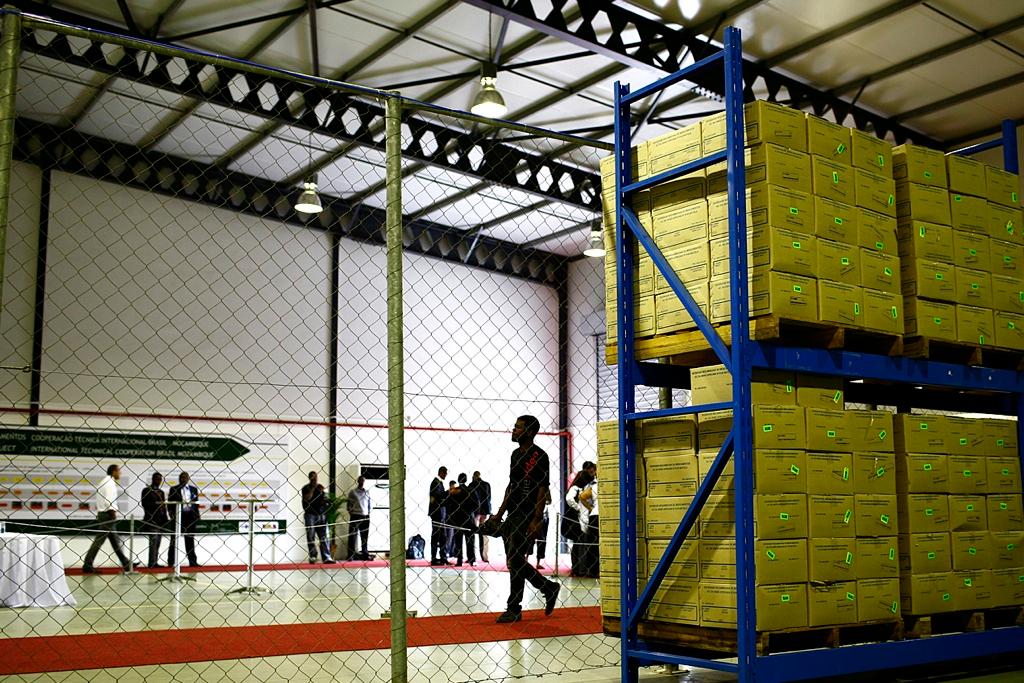Has Africa’s economic growth helped its poor?
Africa’s first public factory for anti-HIV drugs in Matola near Maputo, Mozambique, taken on November 10, 2010.
Africa has chalked up impressive economic gains in recent years, with many countries achieving growth rates of more than 5 percent and some close to 10 percent. That's good news.
But are all of Africa's people benefiting from the increases in the GDPs of African countries? That's an important question.
The high economic growth rates achieved by many Africa states has not eliminated poverty, according to economist Jan Rielaender.
Writing in the African Economic Outlook 2011 Rielander says that during the past decade good economic performance due to investment in oil and other extractive industries has had little effect on poverty, according to IPS.
Rielaender, who works at the Organization for Economic Cooperation and Development (OECD), says that around 75 percent of foreign investment in Africa has been in oil-rich countries and in extractive industries with few links with the rest of the domestic economy or with poor people. The growth experienced since 1996 did not happen in the sectors where poor people work, as in agriculture, or in the rural areas where poor people live, or simply did not involve labour provided by poor people.
African governments should "concentrate their immediate efforts in creating jobs, invest in basic social services and promote gender equality," in order to tackle persistent poverty, says Rielander.
Africa has managed the regional impacts of the global economic crisis relatively well, says Rielander. However, he warns that the political turmoil in North Africa and inflation in food and fuel would again slow down the continent’s growth to 3.7 percent this year from 4.9 percent in 2010.
Rielander argues that African recovery after the global economic slowdown was primarily based on the shift that has taken place in global economic activities away from the OECD countries in Europe and North America and towards emerging economies in Asia and South America.
This shift is reflected in African international trade. In 2009 China surpassed the U.S. and became Africa’s main trading partner. In general, the share of trade conducted by Africa with emerging partners has grown from approximately 23 to 39 percent in the last 10 years.
Africa’s top five emerging trade partners are now China with 38 percent, India at 14 percent, Korea with 7.2 percent, Brazil at 7.1 percent and Turkey at 6.5 percent.
Another factor supporting the African economy is overall "good macroeconomic management" during the last decade, he added: "Inflation has remained relatively low, and high commodity prices have led to increased revenues in the continent."
The story you just read is accessible and free to all because thousands of listeners and readers contribute to our nonprofit newsroom. We go deep to bring you the human-centered international reporting that you know you can trust. To do this work and to do it well, we rely on the support of our listeners. If you appreciated our coverage this year, if there was a story that made you pause or a song that moved you, would you consider making a gift to sustain our work through 2024 and beyond?
